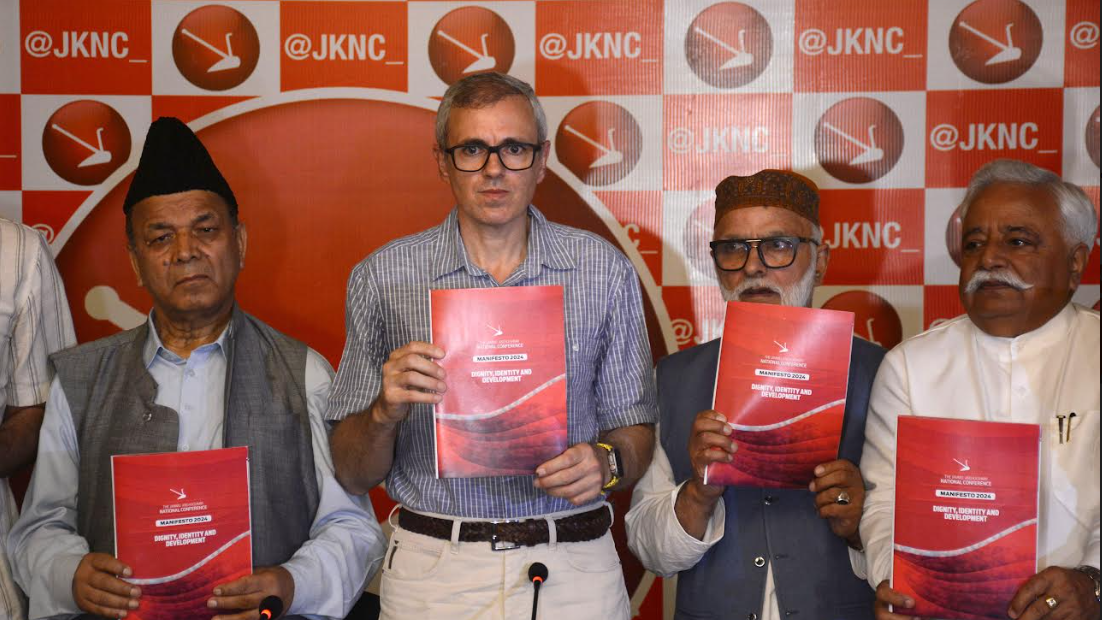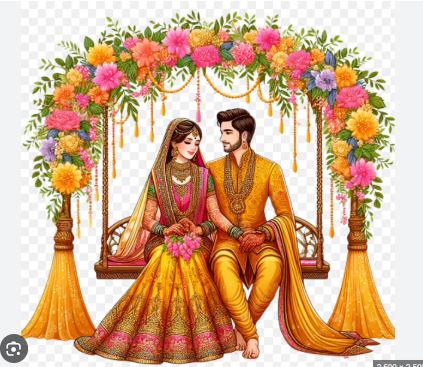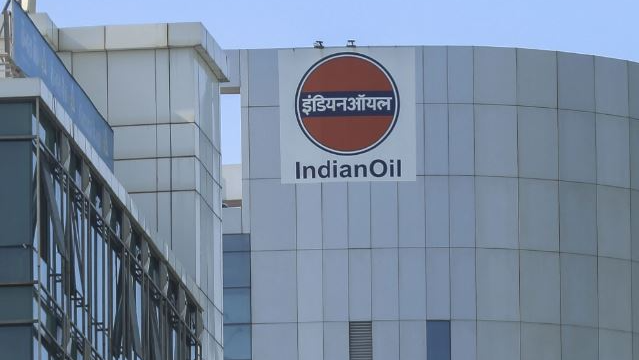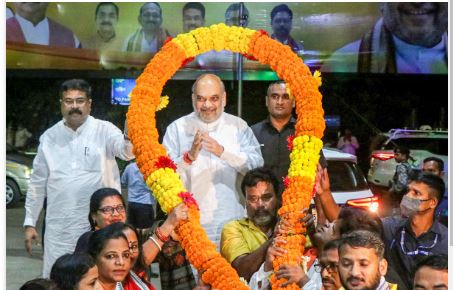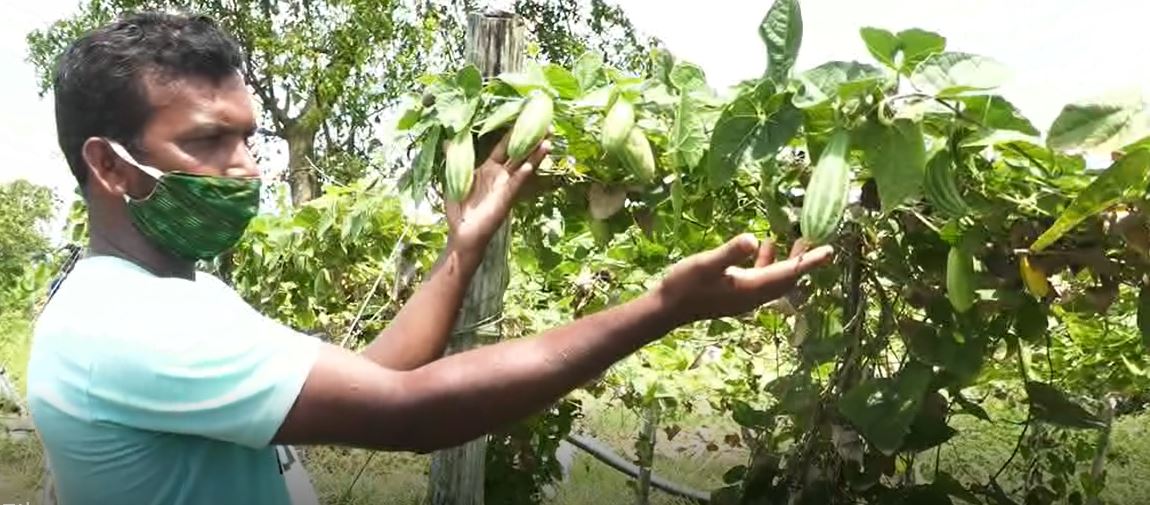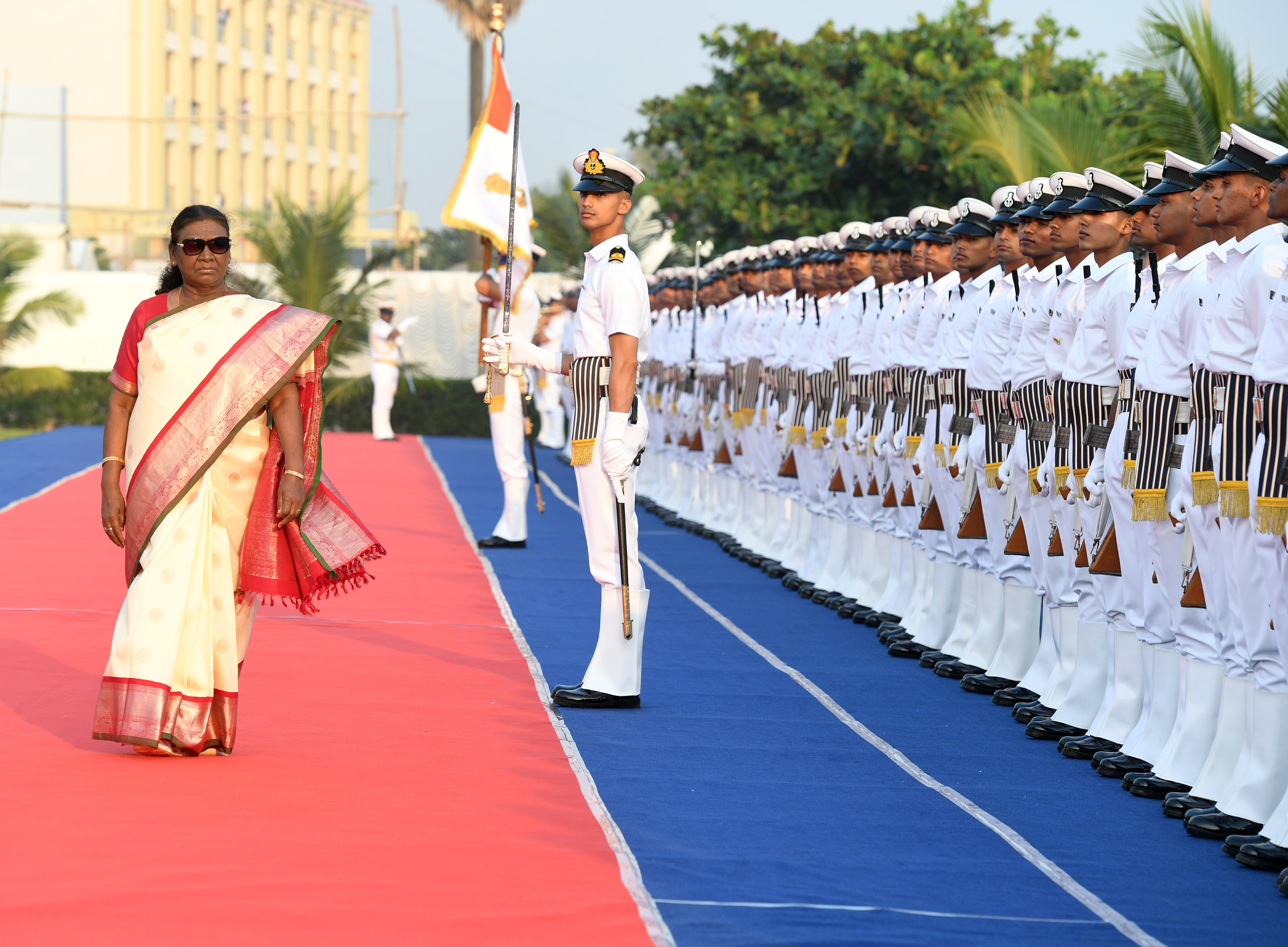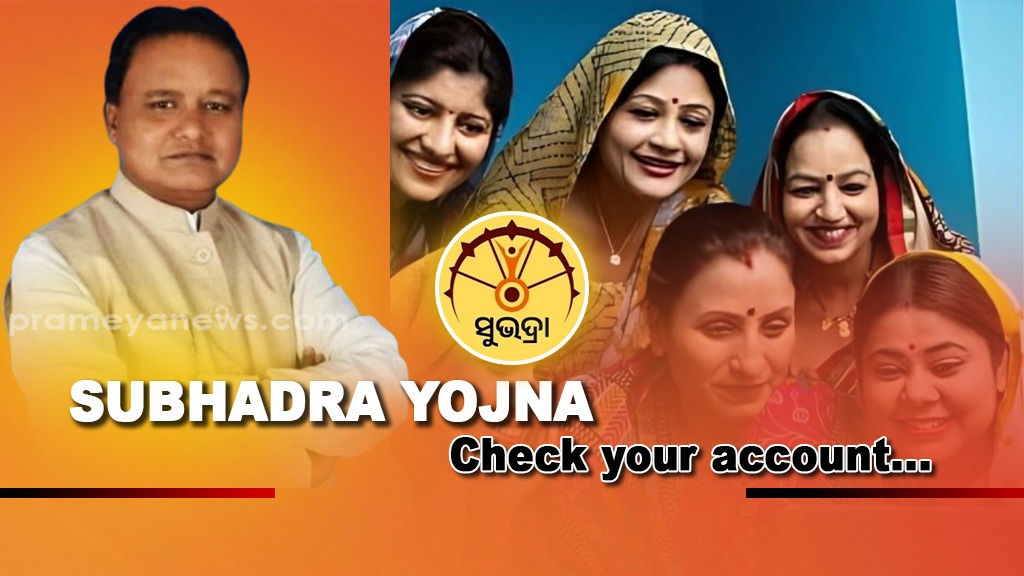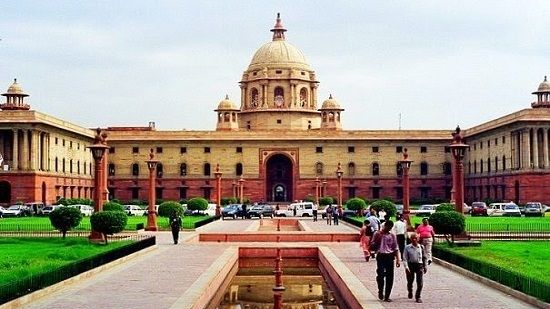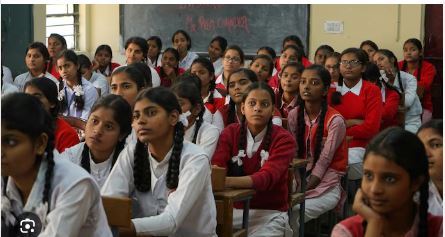Arun Joshi
That National Conference , the premier political party of Jammu and Kashmir, in its manifesto called for restoration of Article 370 and Article 35 A which were scrapped in August 2019, has not come as a surprise , but it has invited questions about its own credibility in the political spectrum of Kashmir . It is again trying to play the emotional politics through symbolism and ironically accepting that the things cannot move beyond the resolution ..
Party’s vice president and former chief Minister Omar Abdullah is seeking to redefine his own brand of politics in Kashmir, the karambhoomi of his father and grandfather by seeking pre-August 5, 2019 position when the erstwhile state of Jammu and Kashmir had the constitutional guarantees along with symbols of semi-autonomous status with its own flag, constitution and the most powerful legislature among all states in the country . The inclusion of the restoration of Article 370 is a political necessity for him to peddle ahead of the Assembly polls in J&K, which has brought about a door die situation for the party and its leadership . It could not have given up this slogan at this point in time when a perception prevails that the coming Assembly poll is going to be a referendum on the Centre’s decision of abrogation of Article 370 .
Omar wants to become a new face of the restoration of Article 370 in the eyes of the people of Kashmir. He had been claiming , in his interviews with various media outlets, that his party-National Conference will bring a resolution in the Assembly to register the symbolic protest against the Centre’s decision to scrap the special status of Jammu and Kashmir and snatching of the special privileges and rights of the erstwhile permanent residents of the state. That is possible only when the National Conference is in a position to do so. That requires numbers , at least 45 in the House of 90.
Certain facts should be understood behind this idea of resistance against the abrogation of Article 370 , as National Conference has sought to project it in its manifesto released on Monday- August 19. Prior to the abrogation of the crucial Articles 370 and 35A , there was a sense of protection among the people of the state, especially in the Muslim-majority region of the Valley , that their demography and jobs were protected and so was their place and position in the Indian union . It was considered inviolable , but they also knew that the Article 370 and the special status that was promised with it at the time of the framing of the Indian constitution, had been lost with the passage of the times. The Centre wanted that to happen and the state governments colluded in the erosion of the status. The position of the Article 370 on the eve of its abrogation -August 4, 2019, was not even a patch of its original version. The state had control over all its affairs, except defence, foreign and communications . But by August 4, 2019 , it had nothing like that, most of its powers had been transferred to Centre .
It was , in all its forms and manifestations , the Article 35 A , of course the byproduct of Article 370 inserted in the constitution through a presidential order on May 14, 1954, at stake. This particular provision granted absolute rights on the land and jobs in the state to the permanent residents . This was the absolute protection that was enjoyed by the people all across the three-regions of the state- Jammu, Ladakh and Kashmir , which has now been broken into two union territories of Ladakh and J&K.
But, what Omar and National Conference need before they can think of passing a resolution in the Assembly is to secure a majority in the House. This will depend on how much the people get swayed or convinced by the idea of the resolution. And whether the resolution as such can change dynamics of the Kashmir politics or get anything concrete for the people of J&K is open to question . National Conference suffered an erosion to its credibility when it could not keep post-Article 370 umbrella group – People’s Alliance for Gupkar Declaration ( PAGD) together on the eve of the Lok Sabha elections . Its political greed of contesting all the three seats in the Valley led to the collapse of the PAGD, it could win only two of three seats-Omar lost from Baramulla constituency to Abdul Rashid alias Engineer Rashid, jailed leader of Awaami Ittehad Party. That was a big blow to him and the party from which it has not been able to recover.
Omar has placed his party in a do or die position . By talking of the resolution on restoration of Article 370 , he has tried to say that his party would not enter into any alliance with BJP, as the latter represents the sole face of the abrogation of Article 370 . But then Kashmir politics is full of surprises . Both NC and PDP, the two main regional parties have a history of contradicting their poll promises of keeping the BJP away . Both these parties had been allies of BJP.
Disclaimer: This is the personal opinion of the author. The views expressed in this write-up have nothing to do with www.prameyanews.com.








